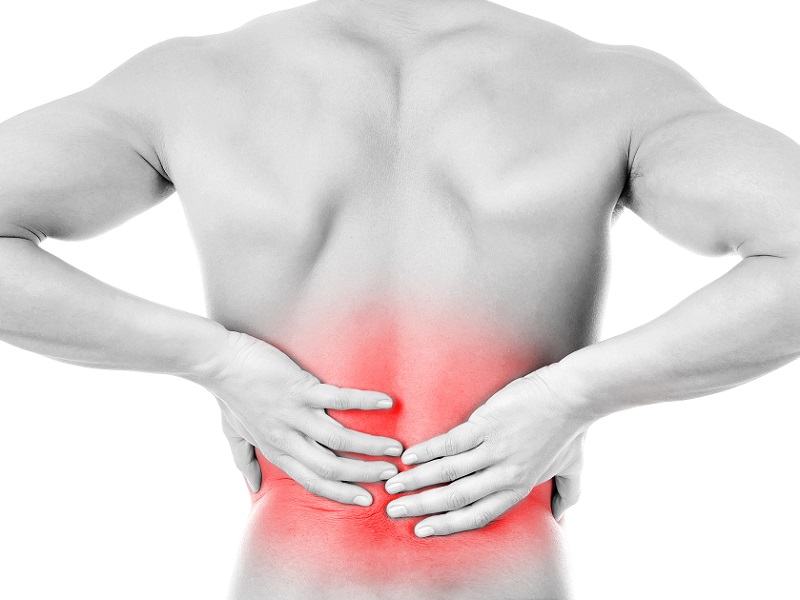Cellules souches et dégénérescence de la colonne vertébrale
Dans les disques intervertébraux, des cellules souches ont été trouvées.
Dans les disques cartilagineux intervertébraux dégénérés des humains et des animaux de laboratoire, des cellules souches ont été trouvées. Cela devrait aider des millions de personnes dans le monde qui souffrent de maux de dos, selon les auteurs de la découverte. La dystrophie et les processus dégénératifs des disques intervertébraux cartilagineux de la colonne vertébrale conduisent au développement de conditions graves, qui entraînent des douleurs dans le dos et le cou.
 WhatsApp: +447778936902 , +33745637397, +34670491885
WhatsApp: +447778936902 , +33745637397, +34670491885
e-mail: head_office@nbscience.com

Normalement, ces disques contiennent une grande quantité d'eau agissant comme amortisseur et associée à des protéines – glycosaminoglycanes. Une fois que les cellules souches perdent la capacité de produire des glycosaminoglycanes, le disque perd de l'eau, devient plus mince, et ne peut pas faire office de ressort. Les scientifiques ont suggéré d'étudier les propriétés des cellules souches restant dans ces disques dégénérés. Il s'est avéré que les cellules isolées avaient la capacité, dans diverses conditions, se différencier en cellules graisseuses, tissus osseux et cartilagineux, et, le plus important, produire des glycosaminoglycanes. Les chercheurs notent que des capacités similaires ont déjà été démontrées pour les cellules souches de la moelle osseuse.
